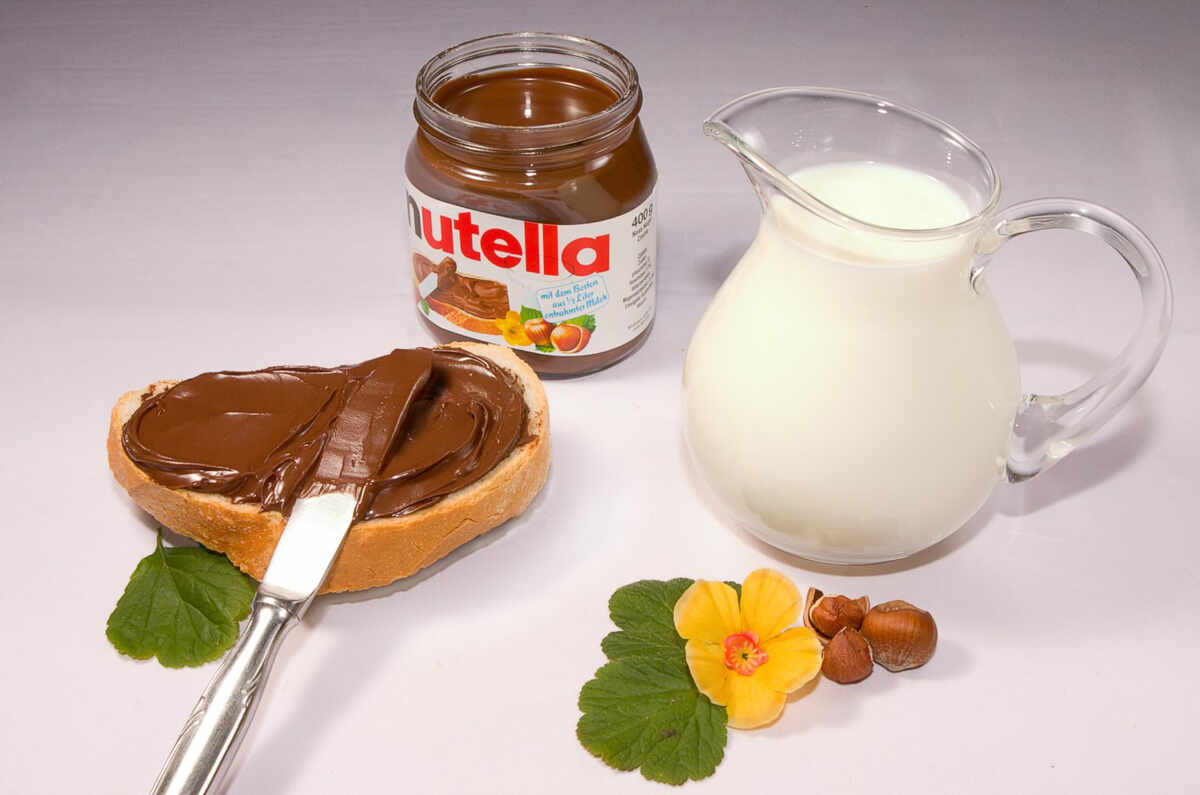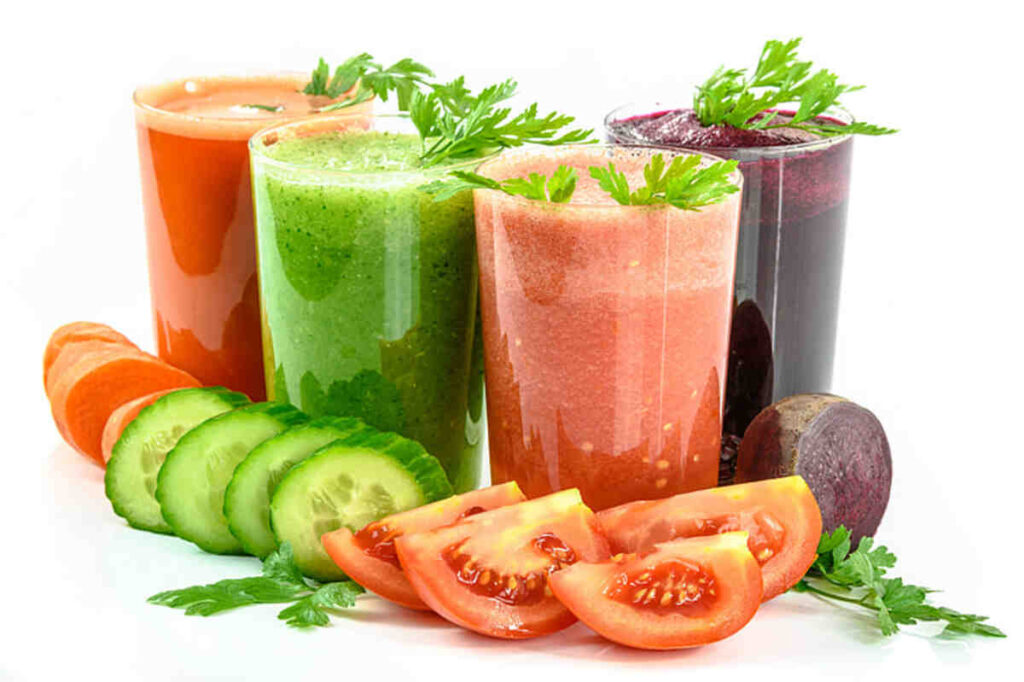Nutella is a loved unfold recognized for its sweet, nutty, and chocolatey taste. But beneath its delightful flavor lies a critical question for health-conscious purchasers: is Nutella healthy, or does it lean extra towards being junk food? This article will dive into Nutella nutritional Facts profile, examine its blessings and drawbacks, and consider whether it fits right into a balanced food plan.
What is Nutella Made of?
Before exploring its dietary details, it’s beneficial to apprehend the principal elements in Nutella Nutrition Facts. This spread carries sugar, palm oil, hazelnuts, cocoa, milk powder, lecithin (an emulsifier), and artificial vanillin (a flavoring compound). While every factor plays a role in growing Nutella’s iconic flavor, they also affect its overall dietary value.
Nutella Nutrition Facts Breakdown
Total Fat
Nutella is high in fat, containing 30 grams of overall fats in line with serving (about tablespoons), which is 38% of the daily recommended intake for a median grownup. Of these, 11 grams are saturated fat, making up fifty percent of the everyday restriction for saturated fats.
Pros: Hazelnuts are a healthful source of fat, providing some crucial fatty acids.
Cons: The excessive stage of saturated fats, largely because of palm oil, is related to an elevated threat of coronary heart disease when eaten up in extra.
Sugar Content
Sugar is the principal component of Nutella, contributing to its sweetness. A two-tablespoon serving includes 51 grams of added sugar—equal to more than 103% of the everyday encouraged restriction.
Pros: The sweetness of Nutella makes it appealing and flexible for various snacks.
Cons: Excessive sugar intake is linked to several health issues, including obesity, diabetes, and tooth decay. Nutella’s high sugar content method is not perfect for day-by-day consumption, particularly for children.
Calories
Each serving of Nutella has approximately two hundred energy, which adds up fast if you use more than one tablespoon at a time.
Pros: It presents a brief power enhancement due to the sugar content of the material.
Cons: Nutella is calorie-dense, and everyday consumption without offsetting bodily pastimes can contribute to weight benefits.
Protein and Fiber
Nutella contains a minimum of protein and nutritional fiber. It has around three grams of fiber, which contributes to about 10% of the daily requirement, particularly from hazelnuts.
Pros: The fiber content material supports digestive fitness and may help gradually absorb sugar.
Cons: The low fiber and protein levels make it a much less pleasing or filling snack than higher-protein spreads.
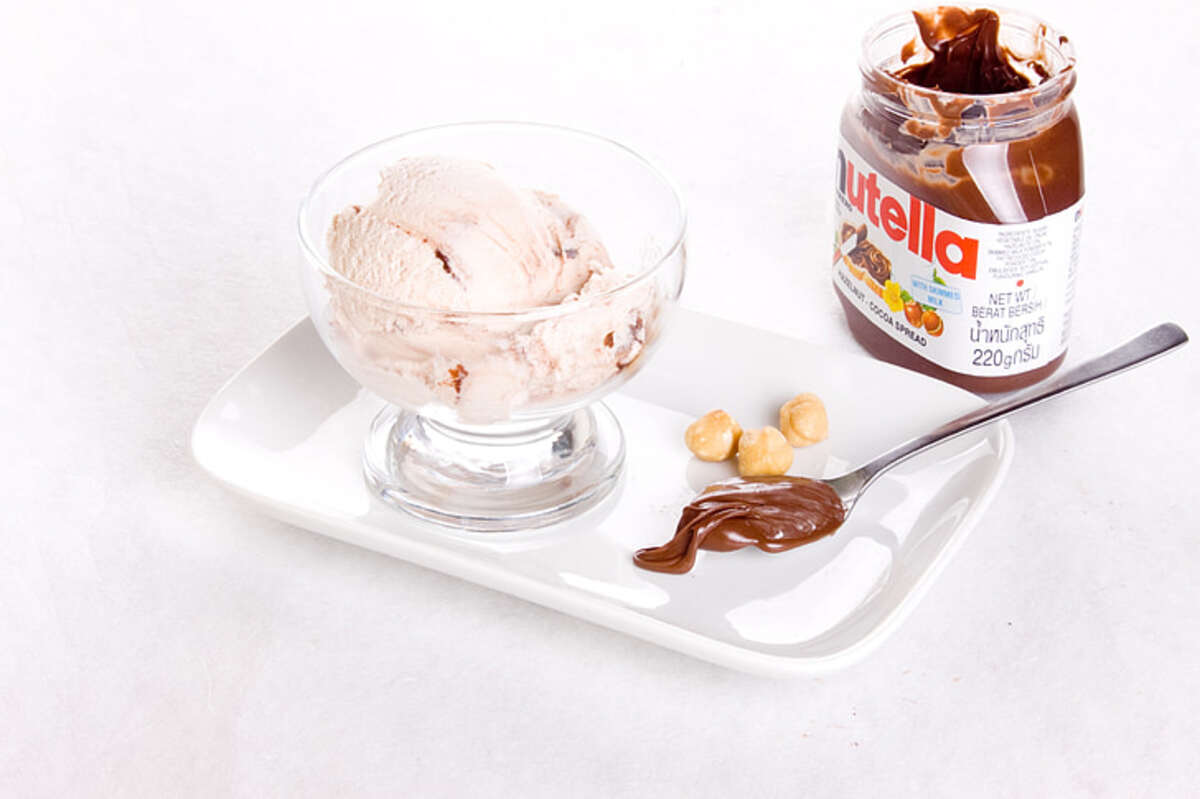
Nutella: Health Benefits and Drawbacks
Nutella has some redeeming traits: it contains calcium and iron in small quantities and hazelnuts, which provide some healthy fat and antioxidants. However, those advantages are overshadowed by the excessive levels of sugar and fat. For those seeking a balanced weight loss plan, Nutella must be loved carefully as an occasional treat rather than a daily staple.
Should You Eat Nutella Regularly?
For folks that experience Nutella, it’s pleasantly fed on as an occasional indulgence as opposed to a part of an ordinary weight loss plan. Excessive consumption can result in health issues, including weight gain, enamel decay, and an elevated threat of growing heart ailment. If you are a Nutella fan, do not forget to restrict your component size or attempt options with reduced sugar and natural substances.
Alternatives and Final Considerations
If you’re concerned about Nutella’s sugar and fat content material, more healthy alternatives are available, including self-made hazelnut spreads with minimum sugar. A few brands offer low-sugar or natural hazelnut spreads with comparable flavors without the same nutritional downsides.
Peanut Butter vs. Nutella: Which is Healthier?
The dietary profiles spotlight a few key differences when evaluating Nutella and peanut butter. Peanut butter usually takes the lead as the more healthy alternative due to its lower sugar content, better protein levels, and useful fat. Let’s discover how each of those spreads stacks up in terms of fitness impact.
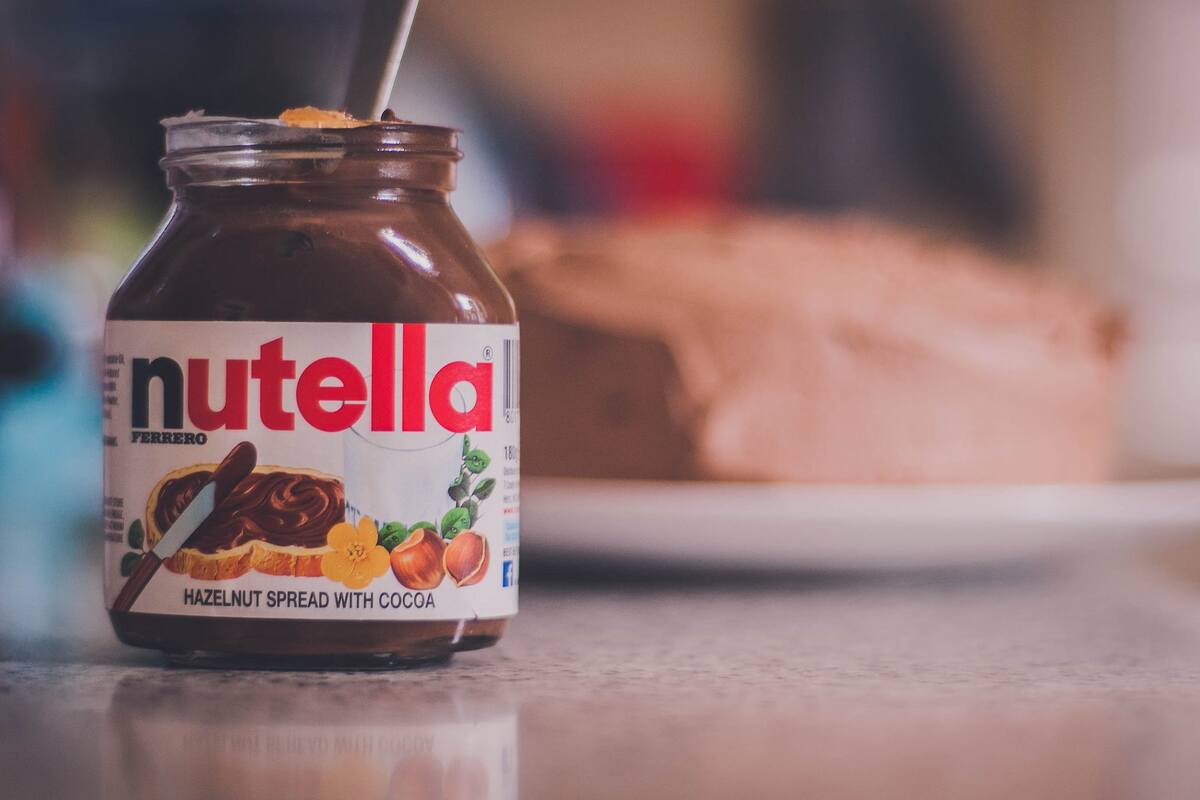
Nutritional Comparison: Peanut Butter vs. Nutella
Sugar Content:
Nutella: Sugar is the primary component in Nutella, making up over half of the spread’s composition. A standard serving has 21 grams of sugar, which is over half the daily limit the American Heart Association recommends for adults.
Peanut Butter: Natural peanut butter normally contains minimum or no introduced sugar. Even sweetened varieties typically have substantially less sugar than Nutella.
Protein:
Nutella: Contains around 2 grams of protein in keeping with serving.
Peanut Butter: Offers approximately 8 grams of protein in keeping with serving, making it extra filling and supporting muscle fitness.
Healthy Fats:
Nutella: Normally, fats are from palm oil and hazelnuts. While hazelnuts are rich in useful fats, palm oil adds bad saturated fats to the spread.
Peanut Butter Contains unsaturated fat from peanuts, which are heart-wolesome and help lower cholesterol levels.
Peanut Butter is the Healthier Choice
Given its lower sugar content, higher protein, and higher healthy fat content, peanut butter is usually considered the healthier choice over Nutella. The Centre of Science Inside the Public Interest (CSPI) even describes Nutella as having “more sugar and changed palm oil than hazelnut,” emphasizing its excessive sugar and fat content compared to real hazelnuts.
Also Read : How Do You Figure Out Nutritional Amount For Wings
Are There Any Benefits to Eating Nutella?
While Nutella won’t be the most nutritious choice, it does provide some minor benefits:
- Hazelnuts: Nutella contains hazelnuts, rich in healthy fats, fiber, and antioxidants. Hazelnuts also offer vitamin E, magnesium, and different minerals, which help heart health and decrease irritation.Cocoa Content: The cocoa in Nutella contains flavonoids, antioxidants that, when consumed carefully, may contribute to coronary heart health.
- Calcium and Iron: Nutella contains small quantities of calcium and iron from milk powder, supplying a moderate dietary fee in terms of bone health and iron intake.
- While those benefits exist, they may be overshadowed by Nutella’s high sugar and fat content, so it’s important to consume Nutella carefully. For a balanced food plan, don’t forget to treat Nutella as a treat instead of a daily meal.
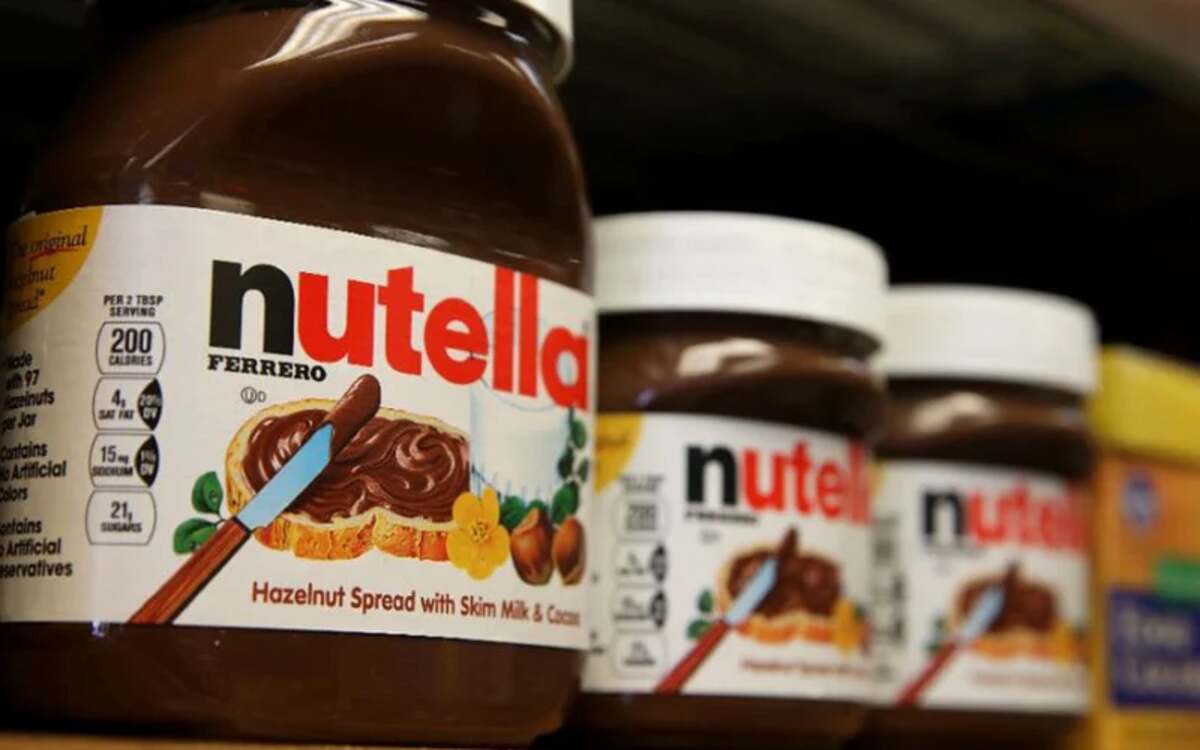 Conclusion
Conclusion
Nutella vitamin information shows that while Nutella has some nutritional positives, it’s far more a sugary treat than a nutritious one. With excessive stages of sugar and saturated fats, Nutella leans towards the “junk meals” category while fed in massive portions. Nutella is pleasant and reserved as a special indulgence for a healthier lifestyle rather than an ordinary object in your pantry.
